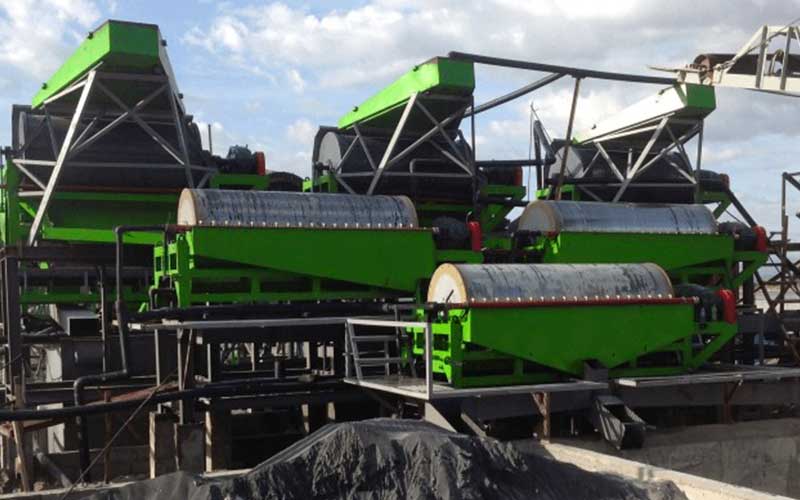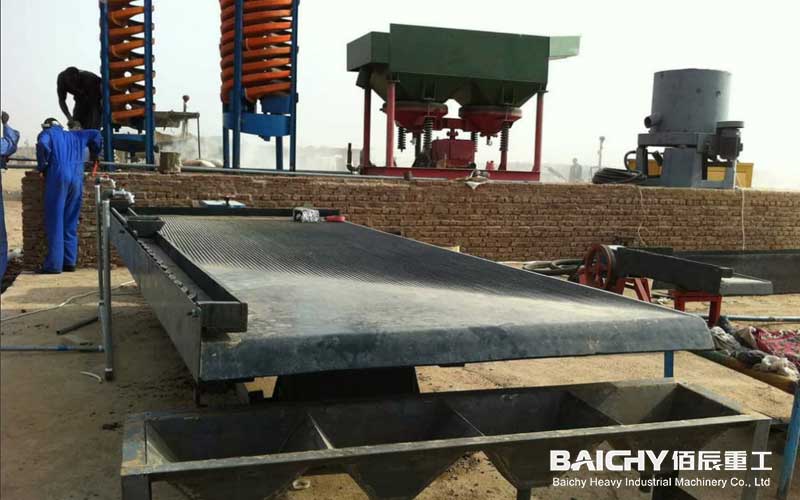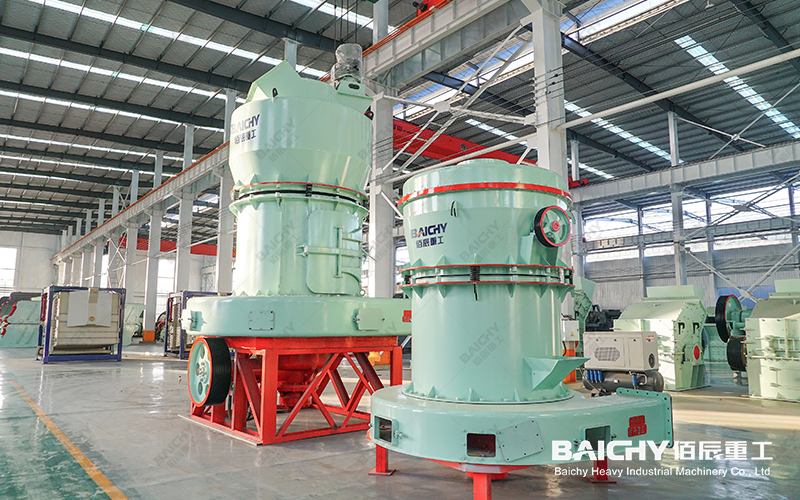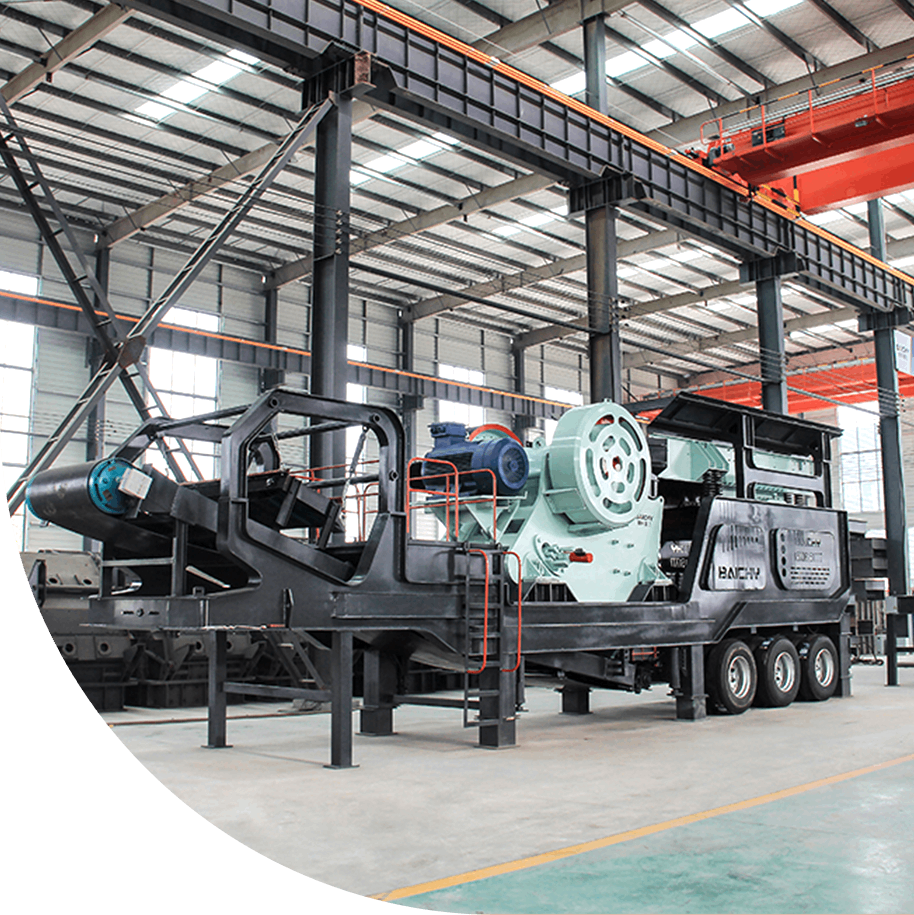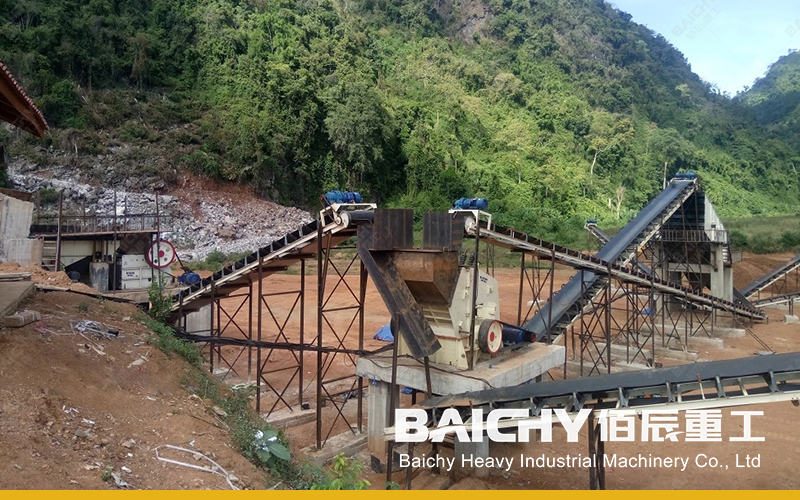
In the stone production sector, a crushing plant with an hourly output of 80-100 tons is a classic "golden capacity" range. It can meet the aggregate needs of most small and medium-sized engineering projects (such as highways, commercial concrete plants, and construction sites), while achieving an excellent balance between investment costs, operational efficiency, and flexibility. So, how should such a production line be scientifically planned and configured? This article will provide an in-depth analysis.
I. Capacity Positioning and Market Analysis
A capacity of approximately 100 tons per hour means that, based on 10-12 hours of operation per day, the daily output can reach 800-1200 tons, resulting in a considerable monthly output. This is ideal for:
• Regional sand and gravel supply: Providing a stable source of materials to fixed customers within a 50-100 kilometer radius.
• Self-use for medium-sized engineering projects: Such as highway sections and water conservancy projects, achieving self-sufficiency and controlling costs.
• Supporting commercial concrete mixing plants: Directly providing them with high-quality aggregates of various grades.
II. Core Process Flow Design (Classic Two-Stage Closed-Circuit)
For medium-hardness stones (such as limestone and bluestone), the most commonly used and efficient process is the "two-stage closed-circuit" process:
1. Coarse Crushing Stage: A jaw crusher is used as the primary crushing unit. Its powerful crushing force and high reliability can easily handle large raw stones (≤750mm) from the hopper, crushing them to approximately 150mm.
◦ Recommended Model: PE-600×900 or a larger model to ensure sufficient feed and lay the foundation for subsequent processes.
2. Medium and Fine Crushing Stage: An impact crusher or cone crusher is used as the secondary crushing core.
◦ Impact Crusher: Produces good particle shape, mostly cubic, with high value, suitable for stones with medium to low hardness and low abrasiveness.
◦ Cone Crusher: High wear resistance, suitable for crushing high-hardness, highly abrasive granite, basalt, etc., with lower operating costs, but the output may be slightly more flaky.
◦ Recommended models: PF-1214 impact crusher or SPR-1300 cone crusher, both perfectly matched to this capacity.
3. Screening and Closed-Loop Circulation: Configure a multi-layer vibrating screen (e.g., 2YKR-2460 or 3YKR-2470). Screen out finished materials that meet specifications (e.g., 0-5mm, 5-10mm, 10-20mm, 20-31.5mm). Large particles that do not meet specifications are returned to the intermediate crusher via a return belt conveyor for further crushing, forming a "closed-loop circulation" to ensure stable capacity and particle size.
III. Key Auxiliary Equipment and Investment Considerations
• Feeding System: A stable vibrating feeder is the "metronome" ensuring smooth operation of the production line, preventing the main equipment from being idle or overloaded.
• Conveying System: The bandwidth and inclination angle of the belt conveyor need to be precisely calculated to ensure unobstructed material transmission.
• Environmentally Friendly Dust Control: A central pulse-jet baghouse dust collector is essential to cover all dust-generating points and achieve green production.
• Investment Budget: The core equipment investment for a stationary stone crushing production line with an hourly capacity of 80-100 tons typically ranges from several hundred thousand to over one million RMB, depending on the equipment brand, level of automation, and environmental requirements.
A well-designed 100-ton-per-hour stone crushing plant is a powerful lever for penetrating the regional sand and gravel market. The key is "tailor-made," selecting the most suitable process and equipment based on raw material characteristics, finished product requirements, and budget. Choosing a professional partner can make your investment twice as effective.




